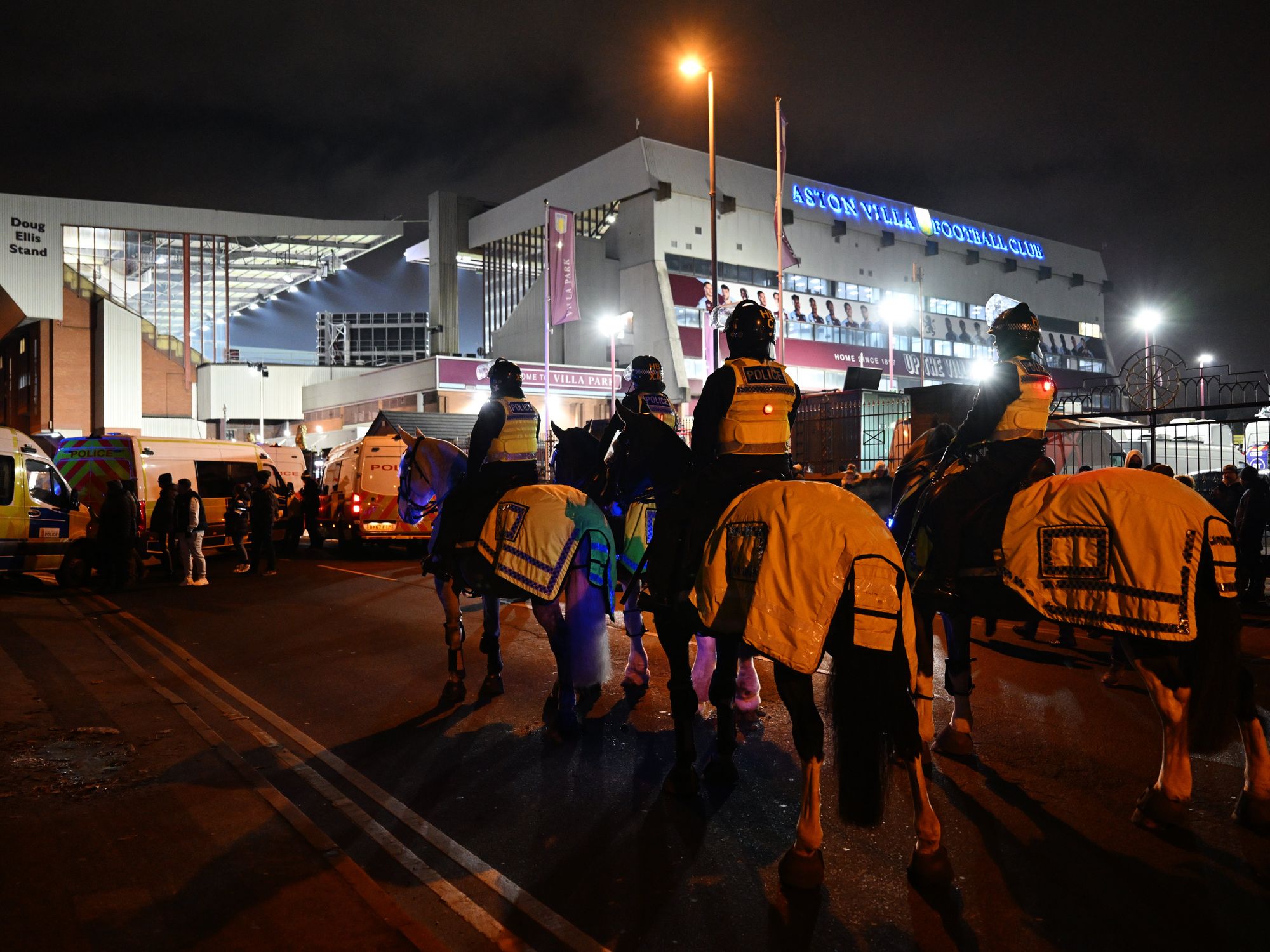Government should stagger return of pupils in January, teaching union says
The NASUWT teaching union is calling on Education Secretary to urgently announce additional measures to avoid a repeat of the “chaos” last year.
Don't Miss
Most Read
The Government should stagger the return of pupils to schools and colleges in January amid concerns about the Omicron variant, a teaching union has said.
The NASUWT teaching union is calling on Education Secretary Nadhim Zahawi to urgently announce additional measures for schools and colleges before the Christmas break to avoid a repeat of the “chaos” last year.
A staggered return of pupils at the start of January should be considered and additional on-site testing facilities should be provided up until the February half-term, the union says.
It adds that the Government should publish further guidance advising schools and colleges to cancel or postpone non-essential activities or events, as well as move to online staff and parental meetings.
The plea comes after Health Secretary Sajid Javid said he could not guarantee schools would not close again due to the pandemic.
In a letter to Mr Zahawi about the Omicron variant, Dr Patrick Roach, general secretary of the NASUWT, said: “I must urge you now to consider the immediate introduction of additional education measures to help slow the spread of Covid-19 and to minimise further disruption to education.
“In addition to wider community-level measures, we believe that additional measures will be required within schools and colleges now and as they return after the Christmas break.”
Dr Roach added: “The NASUWT urges the Government to act immediately and to not delay critical decisions until the commencement of the school and college holiday period.
“We ask you to avoid a repeat of the confusion and chaos which last year impacted negatively on public and parental confidence and hampered the hard work of teachers and school and college leaders in their preparations at the start of 2021.
“An immediate announcement from the Government on additional measures for schools and colleges is, we believe, essential before the majority of schools and colleges close for the Christmas break.”
The teaching union is also calling on the Department for Education (DfE) to publish the levels of teacher and support staff absences – both Covid and non-Covid related – and the steps being taken to ensure schools can continue to maintain quality education provision amid “serious” staffing shortages.
Dr Roach said: “We understand that schools are reporting significant proportions of teaching staff absent at any one time, with figures reported to the union ranging between one-third to one-half of teachers at individual schools unavailable to work.”
After the Christmas holidays last year, Prime Minister Boris Johnson told parents on Sunday January 3 to send their primary-age children back to school.
But on the evening of the next day, he announced a national lockdown for England – with all schools closed to the majority of pupils.
Asked on LBC whether further school closures remained a possibility, Mr Javid said: “I don’t want to see that or any of these kinds of measures. I’m just going to focus on everything else we need to be doing, especially the booster programme.”
He added: “I’d say this, if you are asking me for guarantees, I will just say – as the Health Secretary, of course, I’m not the Education Secretary – that there are, when it comes to our fight against this pandemic, there are no guarantees.”
It comes after Mr Zahawi said he could not guarantee that in January all schools would be open everywhere.
A heads’ union has warned that delaying action until vaccination can take hold may keep children away from the classroom “longer” in the long term.
Mr Whiteman, general secretary of the NAHT school leaders’ union, said he was “pleased to see” both ministers showing a “bit of realism”.
He said: “It is already chaos in some schools as the Omicron wave hits. Delaying action until vaccination can take hold may actually keep children away from school longer in the long term.
“We would urge the Government to take every safety measure possible while maintaining face-to-face education, in order to avoid longer term school closures.
“Infection rates in schools have been growing unabated for a long time. Simply relying on the fact that children tend to suffer less from the virus is not good enough.”
Mr Whiteman added: “The Government must act now to deliver ventilation solutions, sensible and effective isolation protocols, and lift the unnecessary pressure of inspection and other bureaucratic burdens. That way we can concentrate on keeping children where they should be.”
Geoff Barton, general secretary of the Association of School and College Leaders (ASCL), said: “What we may see is schools periodically having to close or send home year groups, for short periods of time, because of unsustainable levels of staff and pupil absence, or on public health advice.
“This has already been happening during the course of this term and there could be more of this if the Omicron variant means that there is more disruption.”











